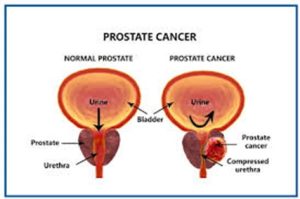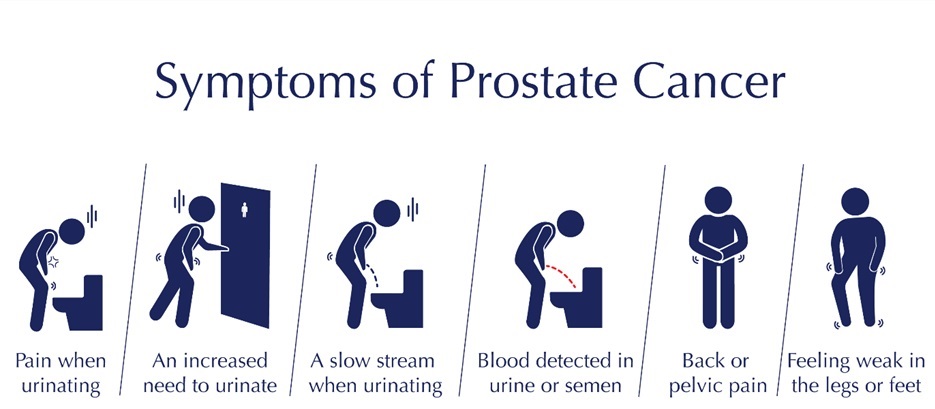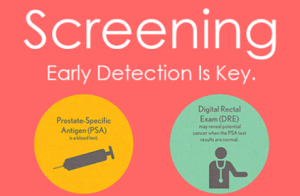Prostate cancer is one of the most common forms of cancer affecting men worldwide. While it predominantly affects older men, it’s essential to recognize that this disease can impact individuals of all ages. Awareness about prostate cancer, its risk factors, symptoms, and the significance of early detection is crucial in saving lives and improving outcomes for those diagnosed.

Understanding Prostate Cancer:
Prostate cancer develops in the prostate gland, a small walnut-shaped gland in men that produces seminal fluid. Like other cancers, prostate cancer occurs when cells in the prostate gland begin to grow uncontrollably. If left untreated, prostate cancer can spread to other parts of the body, leading to severe complications and potentially death.

Risk Factors:
Several factors can increase a man’s risk of developing prostate cancer. These include age, with the risk significantly increasing after the age of 50. Family history and genetics also play a role, as men with a family history of prostate cancer are at higher risk. Additionally, lifestyle factors such as diet, obesity, and lack of physical activity may contribute to the development of prostate cancer.

Signs and Symptoms:
In its early stages, prostate cancer may not cause any noticeable symptoms. However, as the disease progresses, men may experience symptoms such as difficulty urinating, blood in the urine or semen, erectile dysfunction, pain in the hips, back, or chest, and weakness or numbness in the legs or feet. It’s essential for men to pay attention to any changes in their urinary or sexual function and seek medical attention if they experience any concerning symptoms.

The Importance of Early Detection:
Early detection plays a crucial role in the successful treatment of prostate cancer. Regular screenings, including the prostate-specific antigen (PSA) blood test and digital rectal exam (DRE), can help detect prostate cancer in its early stages when treatment is most effective. Men should discuss the benefits and risks of screening with their healthcare provider, particularly if they have risk factors for prostate cancer.
Treatment Options:
Treatment for prostate cancer depends on various factors, including the stage and aggressiveness of the cancer, as well as the individual’s overall health and preferences. Treatment options may include active surveillance, surgery, radiation therapy, hormone therapy, chemotherapy, or immunotherapy. The goal of treatment is to remove or destroy the cancer cells while preserving quality of life.
Raising Awareness:
Raising awareness about prostate cancer is vital in promoting early detection and reducing the stigma surrounding the disease. Men should be encouraged to have open and honest conversations with their healthcare providers about their risk factors and the importance of screening. Additionally, education initiatives aimed at increasing awareness about prostate cancer among men and their families can help empower individuals to take charge of their health.
Prostate cancer is a significant health concern for men worldwide, but with awareness, early detection, and advances in treatment, the prognosis for many individuals diagnosed with prostate cancer is promising. By promoting awareness, encouraging regular screenings, and advocating for research and resources, we can make significant strides in the fight against prostate cancer and improve outcomes for those affected by this disease.

